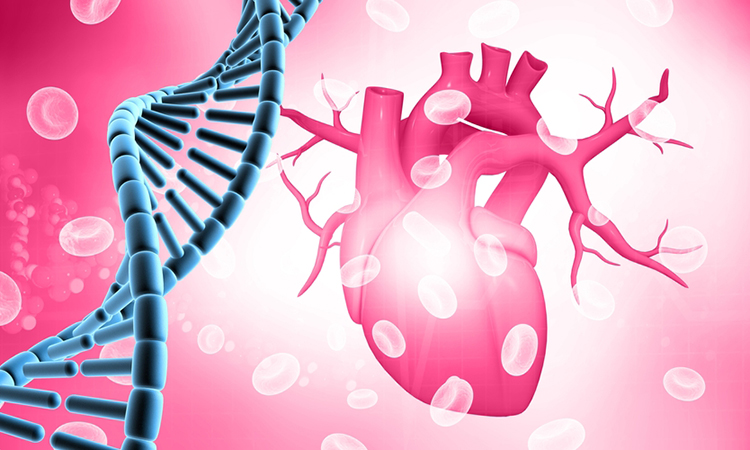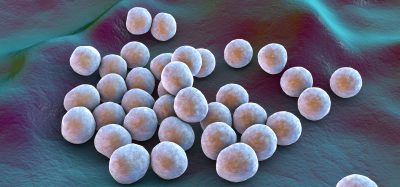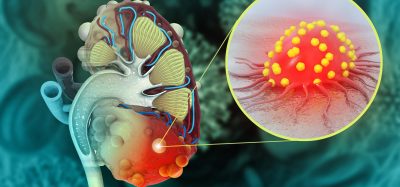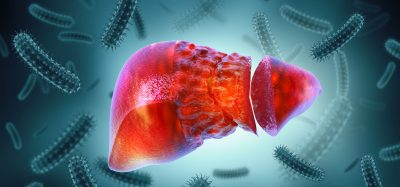$6 Million grant issued to Penn Medicine to investigate role of DNA in cardiac cell development
Posted: 12 June 2023 | Izzy Wood (Drug Target Review) | No comments yet
Penn Medicine researchers are interested in how cardiac cells use DNA to establish and maintain their specification.


Scientists have long been fascinated by the intricate process of cell development and specialisation. But…how do cells transform into different types, such as heart, liver, or skin cells?
While researchers have focused on studying specific proteins, the broader understanding of how these proteins influence the activity of hundreds of genes to facilitate the transformation from one cell type to another remains elusive. The mystery surrounding this process has prompted researchers from the Perelman School of Medicine at the University of Pennsylvania, US, to embark on a new study looking at DNA in cardiac cells.
Thanks to a generous $6 million, seven-year grant from the National Heart, Lung, and Blood Institute of the National Institutes of Health (NIH), the Perelman School of Medicine, US, is set to launch an ambitious research project aimed at unravelling the relationship between DNA and the development and maintenance of heart cells. The insights gained from this study could pave the way for future breakthroughs in cardiac disease treatment.
The researchers hypothesise that nuclear architecture, which governs the accessibility of genes within a cell, plays a critical role in determining the identity of a cell. Specifically, they plan to investigate how the three-dimensional packaging and organisation of DNA impact cell development. By delving into the intricacies of how DNA folds and twists within the confined space of a cell nucleus, the scientists hope to shed light on the enigmatic process by which heart cells, such as heart muscle cells, endothelial cells, smooth muscle cells, and cardiac fibroblasts, acquire their unique identities.
“This research has the potential to significantly advance our understanding of how cardiac cells arise and maintain their identity throughout a lifetime,” said lead author Dr Rajan Jain, Assistant professor of Medicine and Cell and Developmental Biology at the Perelman School of Medicine. “By examining congenital heart disease and other cardiac conditions through the lens of DNA organisation, we may uncover therapeutic opportunities that have thus far remained untapped.”
The nucleus exerts control over the genes that determine cell identity. Jain’s previous work suggests that the way DNA is folded and arranged within the nucleus influences the identity of the cell. The researchers aim is to unravel the role of genome folding in governing cell behaviour, particularly in heart cells, and identify the key processes involved in this regulation. Additionally, they will explore how the spatial positioning of DNA influences gene activity during heart cell development, providing insights into the maintenance of heart cell identity.
An accurate and comprehensive understanding of heart cell development is crucial for maintaining overall cardiovascular health. Any deviations or abnormalities in this process can contribute to conditions such as congenital heart disease or cardiomyopathy. Therefore, by shedding light on the mechanisms that dictate heart cell identity, the researchers hope to pave the way for more effective therapeutic interventions.
Jain expressed optimism about the potential impact of this research, stating, “Traditionally, therapies targeting specific proteins in the nucleus were deemed implausible. Drawing inspiration from previous work, I envision that this research will ultimately enable us to design new medications that directly target the organisation of DNA.”
Related topics
DNA, Genetic Analysis
Related organisations
National Institute of Health (NIH), Perelman School of Medicine at the University of Pennsylvania
Related people
Dr Rajan Jain







